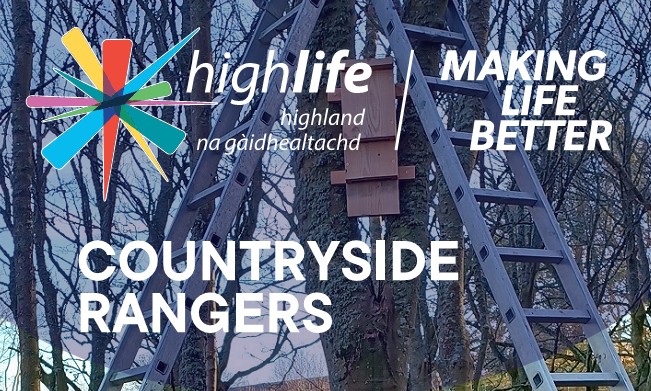George Monbiot on feeding the world
The Guardian 7 May 2022

In a preview of the content of his new book 'Regenesis: Feeding the World Without Devouring the Planet' George Monbiot starts by looking at the amazing nature of the soil beneath our feet, on which we depend for the vast majority of the food we eat. Exploring and explaining the complex relationship between plants and bacteria in the soil, he observes
Soil might not be as beautiful to the eye as a rainforest or a coral reef, but once you begin to understand it, it is as beautiful to the mind. Upon this understanding our survival might hang.'
He notes the disastrous effects of agriculture on the natural health and ecosystems of the planet, causing deforestation, habitat loss and species extinction. The theoretical possibility of producing plenty of food to feed even a rising population is threatened by our demand for meat, and the need for vast areas of land either as pasture or to grow grain to feed livestock. Even maintaining current levels of production is threatened by the effects of climate change, and attempts to increase yields in areas remaining productive will be thwarted by extreme water shortage.
What is required, Monbiot says, is a radical change in the way we eat, and he believes that a recently developed technology - a fermentation process that uses a mix of hydrogen, oxygen, and carbon dioxide to produce bacteria as a food and feed ingredients in a highly sustainable fashion - may provide part of the answer. But while this technology would enable us to take much of our food production out of farming, we would still need to produce cereals, roots, fruit and vegetables. So how do we do it safely and productively? Monbiot is impressed by a system of 'stock free organic' vegetable production practised on relatively infertile land by a grower in Oxfordshire, which relies heavily on the use of plants as 'green manure', and is enthusiastic about the possibility of developing perennial grain crops to replace the annual plants from which we obtain the great majority of our food, being researched by a non-profit organisation in Kansas.
Returning to his starting point of the soil, he concludes
'While no solution is a panacea, I believe that some of the components of a new global food system – one that is more resilient, more distributed, more diverse and more sustainable – are falling into place. If it happens, it will be built on our new knowledge of the most neglected of major ecosystems: the soil. It could resolve the greatest of all dilemmas: how to feed ourselves without destroying the living systems on which we depend. The future is underground.'
Read the article
The Guardian 7 May 2022
'Regenesis: Feeding the World Without Devouring the Planet' by George Monbiot is published by Penguin Books at £20 on 26 May.
Latest News...
 Highlife Highland Countryside Rangers annual report published
High Life Highland (HLH) Countryside Rangers have a central partnership with the Highland Council (HC) to deli... More >>
Highlife Highland Countryside Rangers annual report published
High Life Highland (HLH) Countryside Rangers have a central partnership with the Highland Council (HC) to deli... More >> Prize win for Highland Wildflower Meadow Mosaic
High Life Highland Rangers, working in partnership with the Forum – and with all the volunteers who help... More >>
Prize win for Highland Wildflower Meadow Mosaic
High Life Highland Rangers, working in partnership with the Forum – and with all the volunteers who help... More >>Forthcoming Events…
- Friday 17 January
- NA Resolis Community Arts - Managing Rhinos in Africa
- Friday 7 February
- NA Transition Assembly England and Wales 2025
- Tuesday 11 March
- NA Highland Climate Conference Knigsmills Hotel Inverness
Events to add to calendar? Contact Us.
TBI Business Directory
Add Your Business
Do you run a sustainable business on or near the Black Isle? Add it to the TBI business directory
Browse Directory
- Accommodation (3)
- Crafts (9)
- Health and fitness (8)
- Home improvements (17)
- Local food suppliers (18)
- Miscellaneous (35)
- Renewable energy (18)


